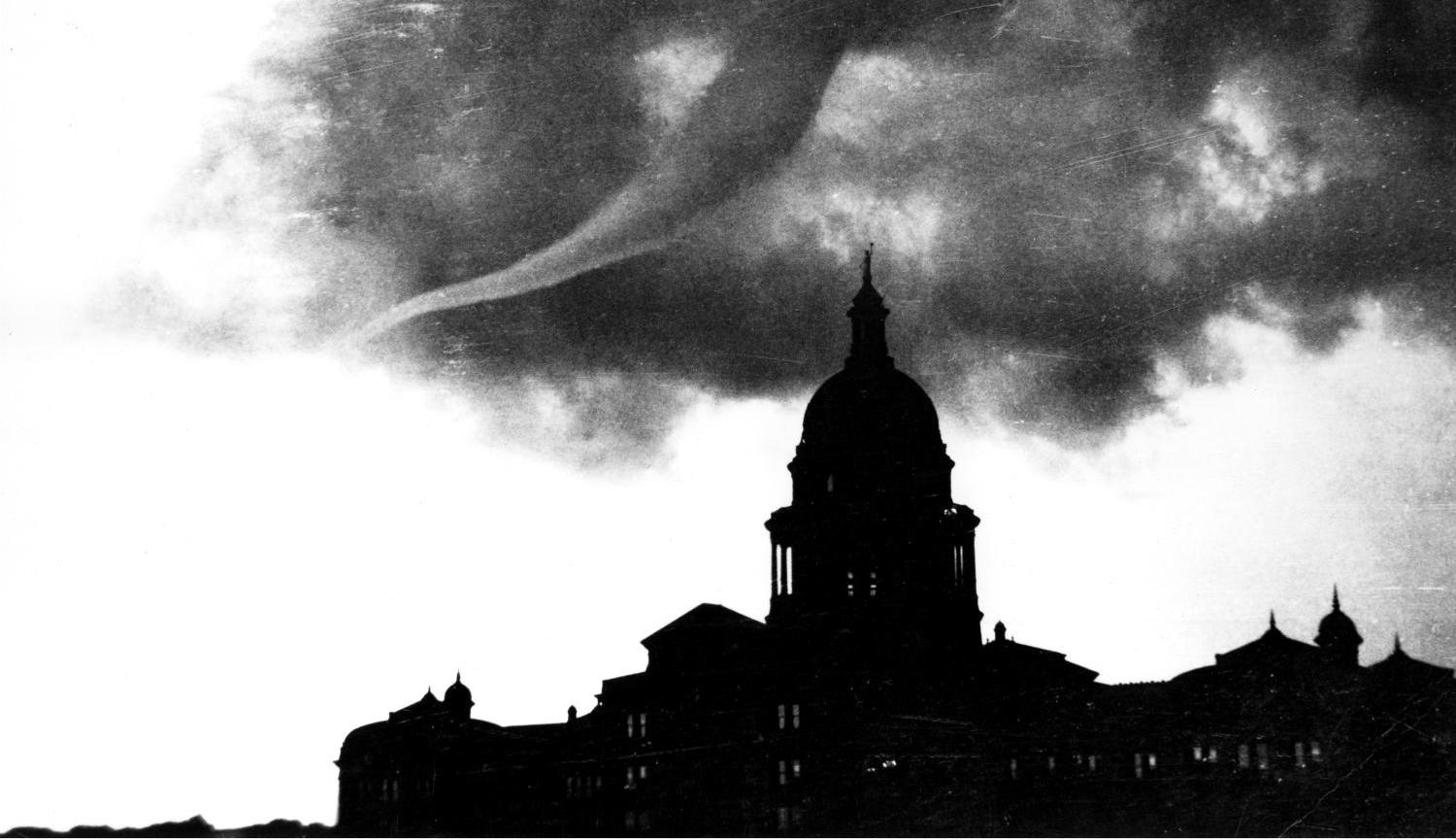ustxtxb_obs_1977_12_16_50_00020-00000_000.pdf
Page 13
NEW FROM CHINA MAO TSETUNG Selected Works Vol. 5 “A locality has its own overall interest, a nation has another, and the earth yet another. Right now, I won’t go into matters outside our planet, for the travel routes beyond the earth have not yet been opened. If human beings should be discovered on Mars or Venus, we would then discuss the matter of uniting with them and forming a united front. For the time being, we will confine ourselves to the question of unity in the Party, the country and the world. Our principle is to unite with all those who are capable of doing some good for world peace and the cause of human progress.” Mao Tse-tung, 1956 This volume contains 70 articles, speeches and letters by Mao, from September 1949 through 1957. Highlights include writings about the early co-operative movement in agriculture, the Hundred Flowers campaign in literature and art, and important writings on Marxist philosophy. 520 pages Cloth: $4.75 Paper: $3.25 Available at: Prairie Fire Bookstore 3221 Main Street Houston, Texas 77002 co VSeSS t iv e t os’c -1 1 \\o Gs?, ts9-s tee Bob and Sara Roebuck Anchor National Financial Services 1524 E. Anderson Lane, Austin bonds stocks insurance mutual funds optional retirement program By Eric Hartman Remember how Comptroller Bob Bullock used to berate Atty. Gen. John Hill and his staff for lack of zeal in prosecuting tax delinquency cases? Well, that’s one criticismmaybe the only onethat can’t fairly be made about the way the attorney general’s office has handled a tax suit involving the Mini-Vue Theater, an “adult” moviehouse in Amarillo. In fact, so zealous was the AG’s office in pressing its civil suit under the tax laws that U.S. District Judge Jack Roberts of Austin was moved to enjoin a receivership order against the theater won by Hill’s people in a state court proceeding, because the facts of the case convinced him that the receivership was used unconstitutionally to shut down an enterprise that state officials believed to be purveying pornography. Judge Roberts bluntly held that the AG’s organized crime division tried to make an end run around the obstacles to censorship posed by the First Amendment. Add to that embarrassment some hints in the record that the suit may have been filed to benefit Hill’s gubernatorial campaign in the Panhandle, and you can bet Hill and his staff wish they’d never heard of the Mini-Vue Theater. The way they heard about it was one of the factors that led Judge Roberts to take the extraordinary step of intervening in a pending state proceeding. Last August, Amarillo lawmen flexed their muscles under the state’s recently enacted “kiddie porn” statute by filing criminal charges against the manager of the Mini-Vue and its attached bookstore for alleged trafficking in a film whose content violated the statute. Once the prosecution got underway \(its outcome promises to test the new law’s constitutinued their investigation of the theater’s operations. They learned two things that a New Mexico corporation owned the Mini-Vue, and that the corporation might have been in violation of a_ state law that requires out-of-state firms to have a certificate of authority to do business inside Texas and that renders them liable for unpaid taxes and for penalties. This information was relayed by telephone to state officials in Austin. The case was referred to Assistant Atty. Gen. Gerald Carruth, who heads the organized crime division within the AG’s office. Carruth filed suit in state district court in Austin on Sept. 21. He asked for and, though the defendant had no notice of the state’s intention to bring suit, got an immediate order appointing a receiver to take over the theater, the aim of the receivership apparently being to preserve Texas assets of the New Mexico corporation in the event that their liquidation would prove necessary to satisfy the state’s money claims. The court-appointed receiver was Austin attorney Phillip Maxwell, who had left his post as an assistant attorney general in charge of the consumer protection division a scant three weeks before. As soon as they were armed with the court order, Maxwell and Carruth left together for Amarillo, Maxwell to take over the theater as ordered, Carruth \(by his own acniceties would be observed. When they arrived in Amarillo, it was apparent that someone had seen ably to the niceties of securing press coverage, for a “media event” ensued. According to Carruth, local authorities had arranged a presS conference and alerted local reporters to the impending takeover of the Mini-Vue. That night and the next day, Amarillo television viewers and newspaper readers were treated to vivid accounts of the dramatic 8:30 p.m. “raid,” which cut short the theater’s evening screenings at mid-reel and featured the spectacle of a host of Amarillo police officers carting off box after box of films and equipment. \(An inventory of the evening’s haul turned up no “kiddie Receiver Maxwell, with the aid of the Amarillo police, simply shut the theater down, although the usual practice of a receiver is to operate the business he seizes in order to make enough money to satisfy the financial claims that warranted his receivership in the first place. The Mini-Vue case was different, Maxwell told the Observer, because the basis DECEMBER 16, 1977


